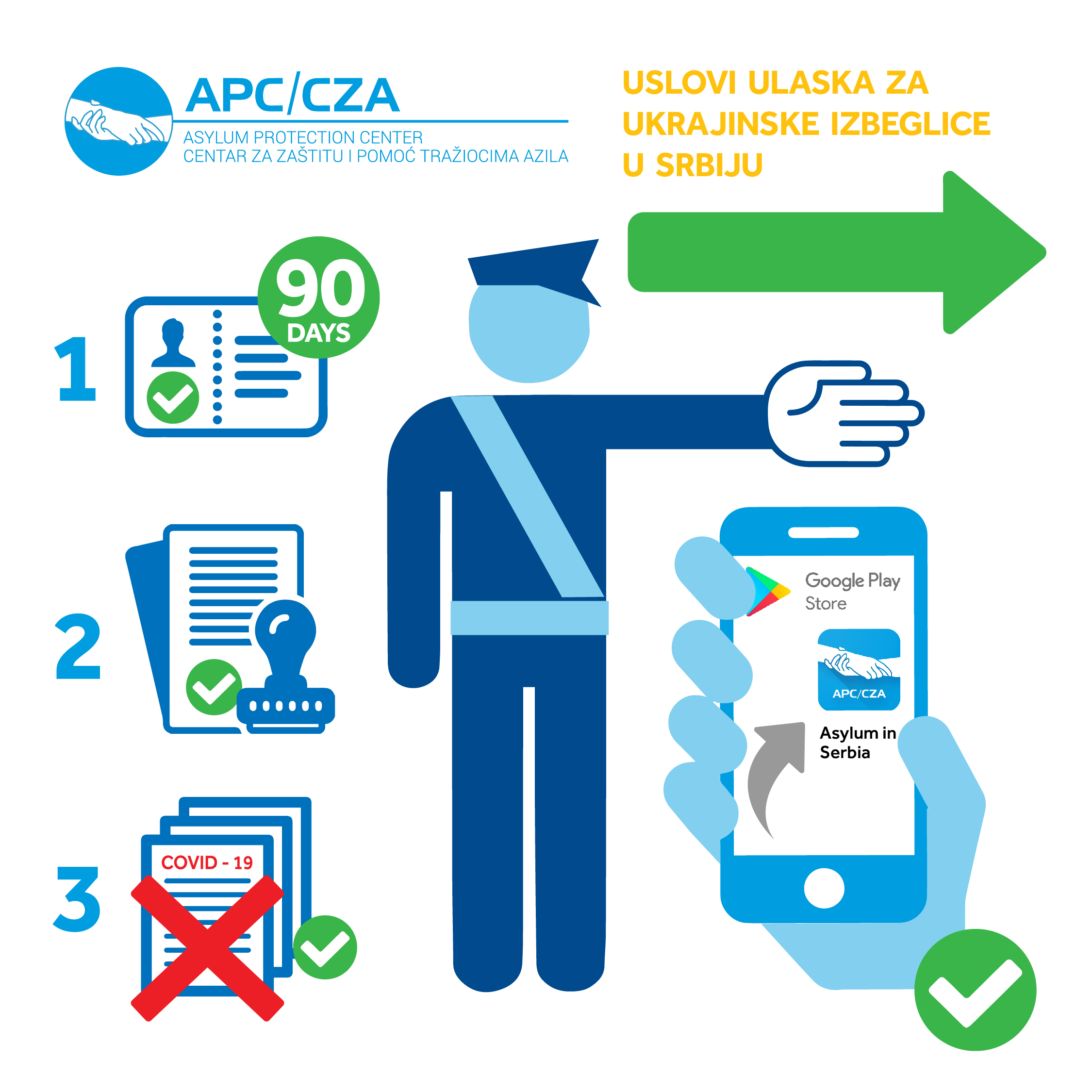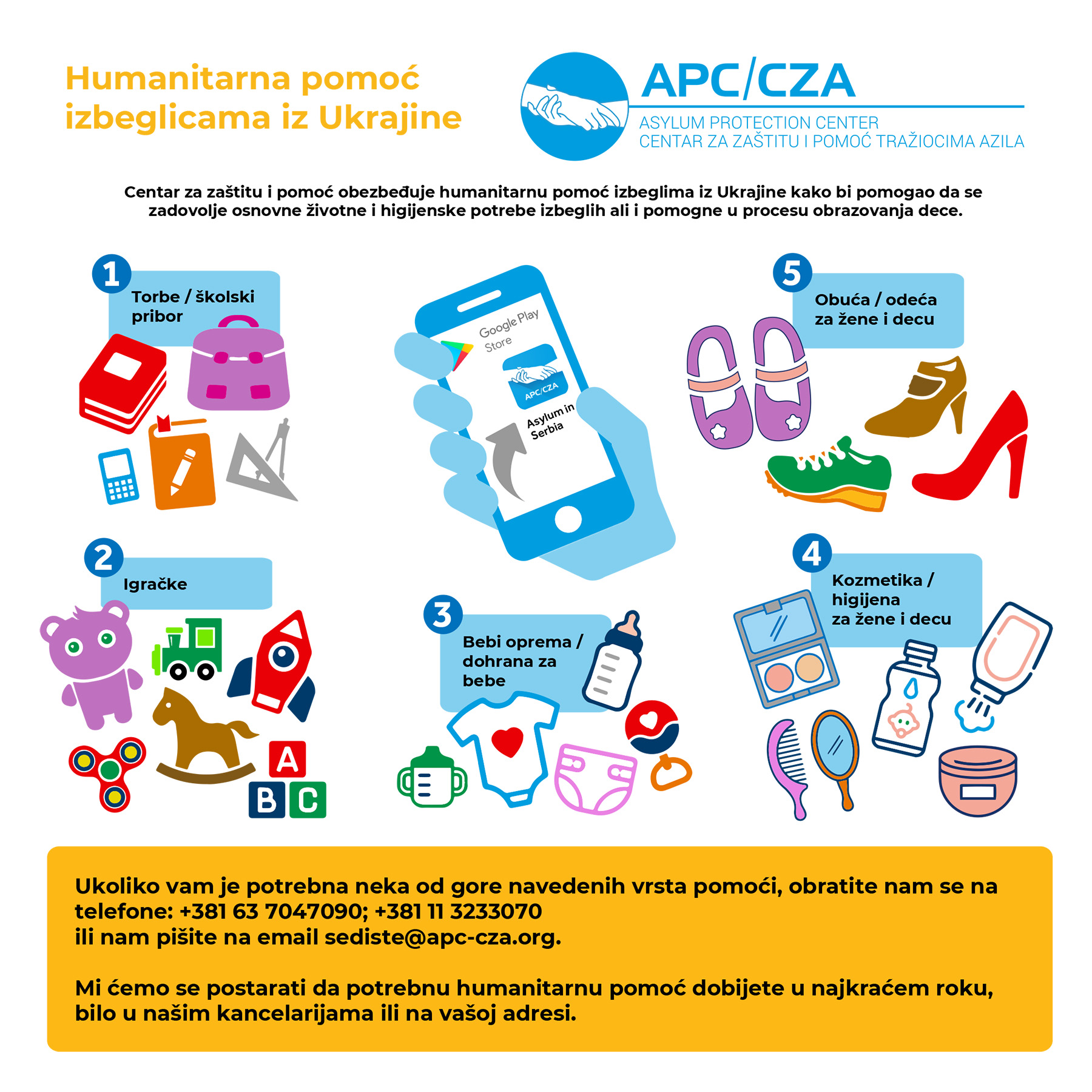,Source: Pres centar UNS 7. novembar 2016.
The state should urgently increase accommodation capacities for migrants and improve hygiene in asylum centers, instead of announcing the restriction of freedom of movement due to the appearance of more refugee bodies, stated director of Asylum Protection Center Rados Djurovic today.
When speaking of the health protection of migrants and refugees in general, Djurovic told Tanjug, that the state must first of all urgently increase accommodation capacities in order to respond to the number of people who are coming and who are staying in Serbia, as well as improving hygiene conditions in asylum centers.
Djurovic says that the state must provide migrants with a more meaningful approach to health care in order to protect these people, but also to protect our citizens.
“The limitation of movement under the pretext that body lice, perhaps pox or scabies could be transferred to citizens simply does not stand, keeping in mind the origin of this problem that has arisen in asylum centers where these conditions were as such and with no given response to the hygiene crisis” said Djurovic
According to him, often there are not enough beds, clean linens, clean clothes, hygienic conditions are very bad, and a large number of people can not be accommodated.
“Essentially, these problems began in single asylum centers and spread to others which is how the problem arose. Not because people were on the street and with their will allegedly did not want to be examined, but vice verse, because they system did not provide the adequate minimum to protect them,” says Djurovic.
In support of this, he says, it should be further noted that it is becoming more and more difficult to obtain asylum certificates of people who now increasingly want to go to asylum centers, alongside difficulties in registration.
This, in addition, creates problems for the healthcare institutions that these people, even when they themselves claim protection, have problems in providing so, because there are no certificates of official authorities that would than be used in the records of health centers.
“The system must register people, it must have significantly increased accommodation capacities, it must protect them so that they are primarily protected but also by our citizens and local communities” he says.
According to what happened last week, according to Djurovic, the accommodation capacities will not increase, and that is a big problem because it does not correspond to the reality.
He estimates that there is no logic to restrict movement, and in fact there is no place to accommodate migrants.
“Logics in general, when you look at the aspect of migration control and resolution of this problem there is none. Instead of helping people to not have these problems, protect them right away, provide them with accommodation, you essentially introduce restrictions to increase accommodation capacities and very likely restrictions in movement of these people you are additionally executing them, and do not take proper initiative to solve such an essential thing.” says Djurovic
When you look at the logic, he adds, it does not make sense nor does it fit into reality.
Krnjaca is a flagrant example of a problem
In Serbia, there are currently between 7,000 and 10,000 migrants, accommodation capacities are almost full, in Belgrade there are at least 1,000 in the street, while in the north by the Hungarian border there are between 800 and 1,000 refugees outside of the system, said Rados Djurovic, Director of Asylum Protection Center referring to the data of said organization.
At a press conference, Djurovic said that around 4,600 people were accommodated in asylum centers and that the accommodation capacities were currently in the range of 4,500 to 5,000 people.
Djurovic said that a large portion of migrants is outside of the system, that their needs are increasing heavily as a result of the arrival of winter, that they are increasingly endangered and that more and more are remaining within Serbia, as new migrants enter the country.
He alleges that at any given moment there are about 300 refuees on the border with Macedonia who wish to go to Serbia.
Arguing that the Asylum Center in Krnjaca is a flagrant example of the problems that exist, Djurovic alleges that it is difficult to obtain a certificate of asylum and registration as well as very poor hygiene conditions in asylum centers.
Djurovic said that conditions in these centers are unequal, that in some there is no warm water, blankets, bedding, beds, and that migrants are hardly receiving food that they wait in lines for.
As he said, a family with 13 members is staying in a room with 6 beds, and migrants are sleeping in corridors.
From the beginning of this year until October 1, only 540 refugees have been able to apply for asylum says Djurovic, stating that 9000 of them have expressed their intention to receive asylum and that 24 were granted, and that 204 ID cards were issued.
According to him, the tendency of further restrictions, the lack of accommodation capacities and even the announcement that may restrict the movement of migrants would not be measures that would respond to the current situation and not resolve it as such.
“We can not just declare that the state will not be a collection for migrants. People need to be in the system, because when you have them in the system, at least you do not have to worry of health problems, about security, control of each one’s needs, but to also be aware of how many people are in the country,” says Djurovic
As a problem, he also pointed out that organizations that help migrants have limited access to the centers and shorten the time they are helping them – for two hours a day for example under the pretext that there are center renovations.
 AzilSrbija AzilSrbija
AzilSrbija AzilSrbija




